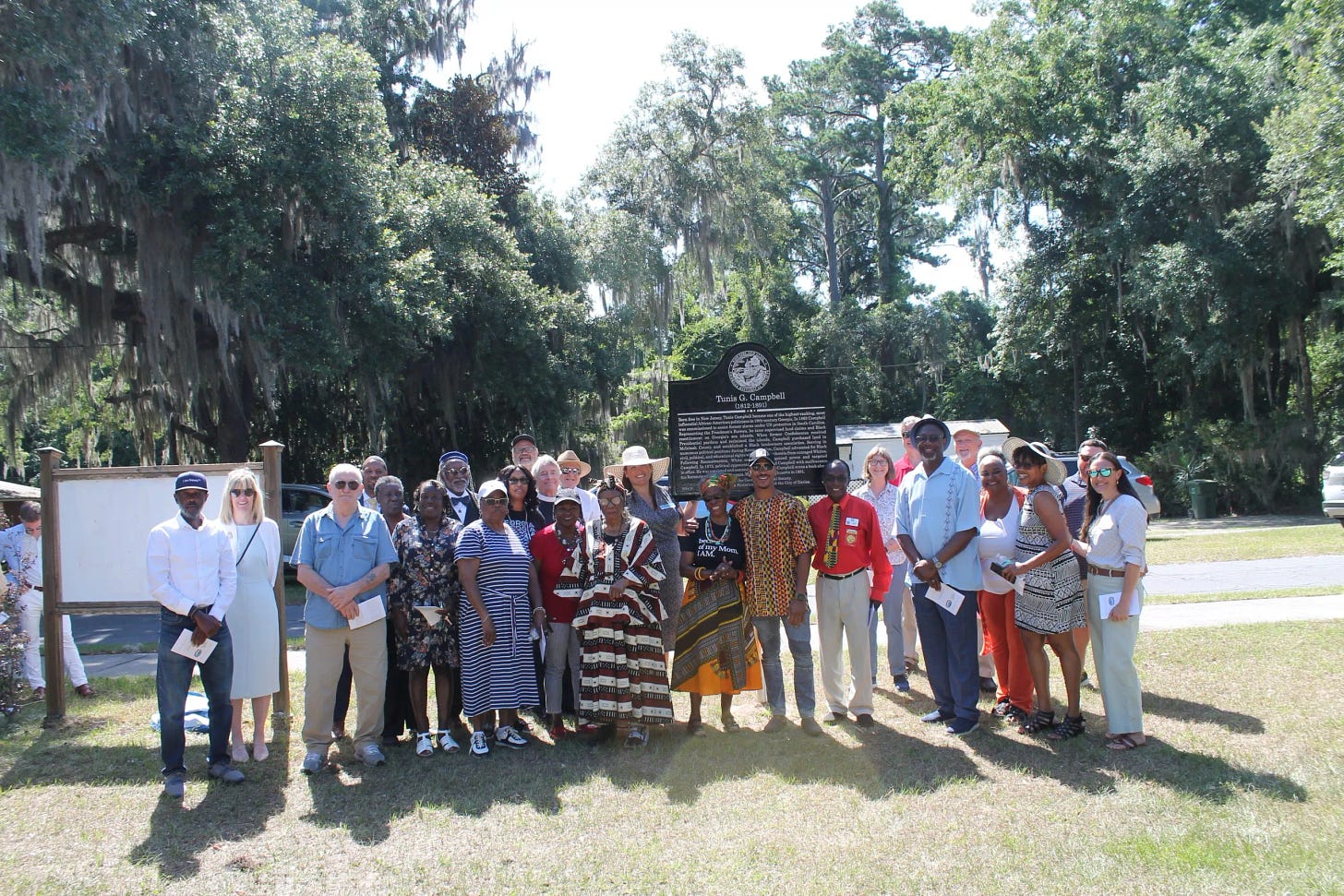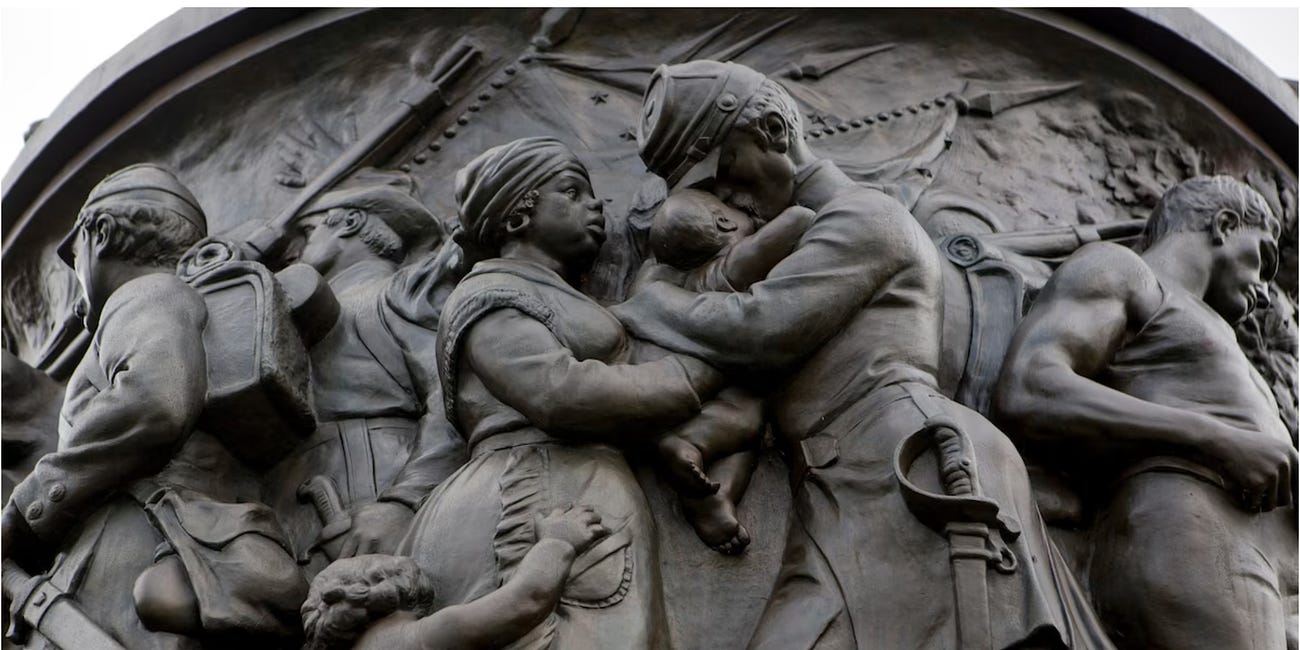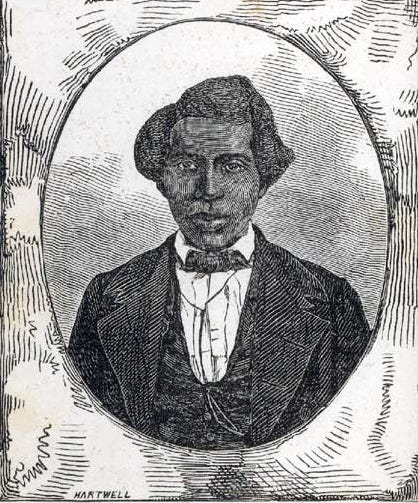It’s easy to be cynical or skeptical in response to claims that we’ve witnessed a noticeable decline in the influence of the Lost Cause over the past two decades. I have written on numerous occasions over the past few years making just this point and I will continue to do so.
Last week a majority of Republicans in the House of Representatives voted to reinstall the Confederate monument in Arlington National Cemetery, which was removed in December 2023. Georgia congressman Andrew Clyde “introduced an amendment to the fiscal year 2025 Military Construction, Veterans Affairs, and Related Agencies bill to return the Reconciliation Monument to Arlington National Cemetery.”
Clyde and other Republicans continue to insist on referring to the monument as a “Reconciliation” monument even though there is no evidence that it was ever referred to as such. As I have said over and over, the United Daughters of the Confederacy, who organized the funding for the monument and selected the sculptor were not in the business of reconciliation.
The monument is, as the UDC recognized at the time of its dedication, a non-apologetic celebration of the Confederacy and slavery.
That so many Republicans from across the country voted to reinstall the monument could certainly be seen as evidence that the Lost Cause is alive and well rather than seeing this proposal and vote for what it is: presentism and rank politics at its worst.
I am willing to wager that not a single House Republican would have attended a rededication ceremony had the vote gone their way and reinstallation ultimately proved successful.
But if we stick with Georgia, from where this proposal originated, we see a much more complicated and promising trajectory regarding public memory of the Civil War.
This week the Georgia Historical Society dedicated its newest historical marker in Darien. Yes, that Darien, which was largely destroyed on June 11, 1863 by Black soldiers in the Fifty-Fourth Massachusetts and First South Carolina Volunteer Infantry.
The marker, however tells the largely unknown story of Tunis G. Campbell, who played an important role in the region during Reconstruction.
Here is the text:
Born free in New Jersey, Tunis Campbell became one of the highest-ranking, most influential African-American politicians in 19th-century Georgia. In 1863 Campbell was commissioned to assist former slaves under US protection in South Carolina. Representing the Freedmen’s Bureau, he later supervised land claims and Black resettlement on Georgia’s sea islands. When former Confederates received Presidential pardons and reclaimed the islands, Campbell purchased land in McIntosh County and established a Black landowners association. Serving in numerous political positions during Reconstruction, Campbell advocated for Black civil, political, and educational rights while receiving threats from outraged Whites. Following Reconstruction, White conservatives regained power and targeted Campbell. In 1875, political opponents falsely charged Campbell with malfeasance in office. He was convicted and sentenced to hard labor. Campbell wrote a book about his Reconstruction years in Georgia. He died in Massachusetts in 1891.
Erected by the Georgia Historical Society, the Lower Altamaha Historical Society, and the City of Darien
[For more on Campbell’s life, I highly recommend Russell Duncan’s short biography, Freedom's Shore: Tunis Campbell and the Georgia Freedman.]
Rep. Clyde’s proposal will quickly be forgotten and this will likely be it in terms of proposals to bring back this particular monument, but this historical marker, along with all the rest that now dot the Georgia landscape, will remain in place for the foreseeable future.
Collectively, these markers offer a history of the state that has for years been ignored or mythologized. Markers are not monuments, but they serve a commemorative purpose by singling out individuals and events that a town, county or state deems to be important. Even if you don’t stop to read these markers they serve an important function of directing your focus for just a second by announcing that history happened here.
I would suggest that projects such as the GHS’s recent dedication ceremony tell us much more about the direction the nation is going in how it commemorates the past: a memory that is more honest and more inclusive than year’s past.
Even in a former Confederate state like Georgia.








I like the contrast of the two efforts, it definitely shows the complexity of describing where we are as country.
The only pushback I'd have is that I think you are too optimistic to think that the congressmen wouldn't attend a re-dedication. I suspect in attendance would at least be congressmen like Marjorie Taylor Greene, maybe Chip Roy, Elise Stefanik, and others who like nothing more than a confrontational action to get themselves back in the news. Your point that most wouldn't certainly stands, I just don't share the optimism that it would be completely void of attendees. Particularly if the timing coincided with House race primaries - it might serve to keep them on the right side of the people who put them there in the first place.
Fortunately, we'll never know for sure.
I was stunned by "my" Congressman, who is African American being one of the yeses on the UDC memorial. That seems like nearly suicidal depths of stupidity or cluelessness.